WICV 2024|Thematic Summit “Innovation-driven Growth: Expanding Global Scientific and Technological Cooperation” Wraps Up
Date:2024-11-05 17:31
Typeface【 Default large Extra large 】
On October 18, 2024, the thematic summit “Innovation-driven Growth: Expanding Global Scientific and Technological Cooperation”was successfully held as part of the 2024 World Intelligent Connected Vehicles Conference (WICV 2024) in Beijing. The summit, organized by the China Society of Automotive Engineers (China-SAE), China Academy of Information and Communications Technology (CAICT), and China Center for Information Industry Development (CCID), was co-chaired by Hou Fushen, Vice Chairman and Secretary General of China-SAE, and Lu Lili, Vice Secretary General of China-SAE.
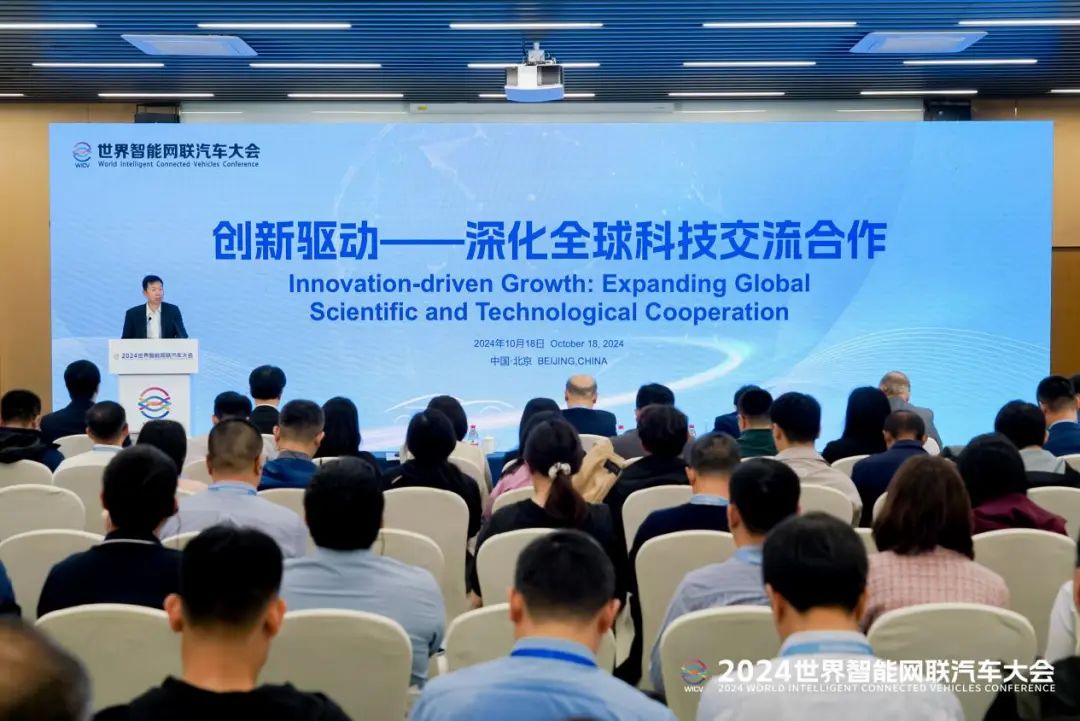
Li Jun, Academician of the Chinese Academy of Engineering, HonoraryChairman of China-SAE, and Professor of Tsinghua Universitygave an excellent speech, pointing out that new energy vehicles (NEVs)and intelligent connected vehicles (ICVs)are leading a new wave of mobility revolution for human beings. Reviewing ICV technologies and industrial development trends around the globe, we have seen further development of artificial intelligence (AI), accelerated vehicle-road-cloud integration, and constant improvements in security systems,standards and regulations. Meanwhile, he also proposed four suggestions regarding the future development of ICVs: First, efforts should be intensified to create an AI industry ecosystem around ICVs, promoting joint design and deep synergy between AI and machine learning algorithms, and in-vehicle high-performance computing chips. Second, it is imperative to leverage the advantages of connectivity for V2X technology applications, and speed up building a harmonized technicalstandardsystem. Third, we need to accelerate the development of an integrated security system for autonomous vehicles, to ensure the safety of people’s lives and property while promoting innovative technologies of autonomous driving. Fourth, standards and regulations including product supervision should be promptly optimized to promote the coordinated development of the global automotive industry.
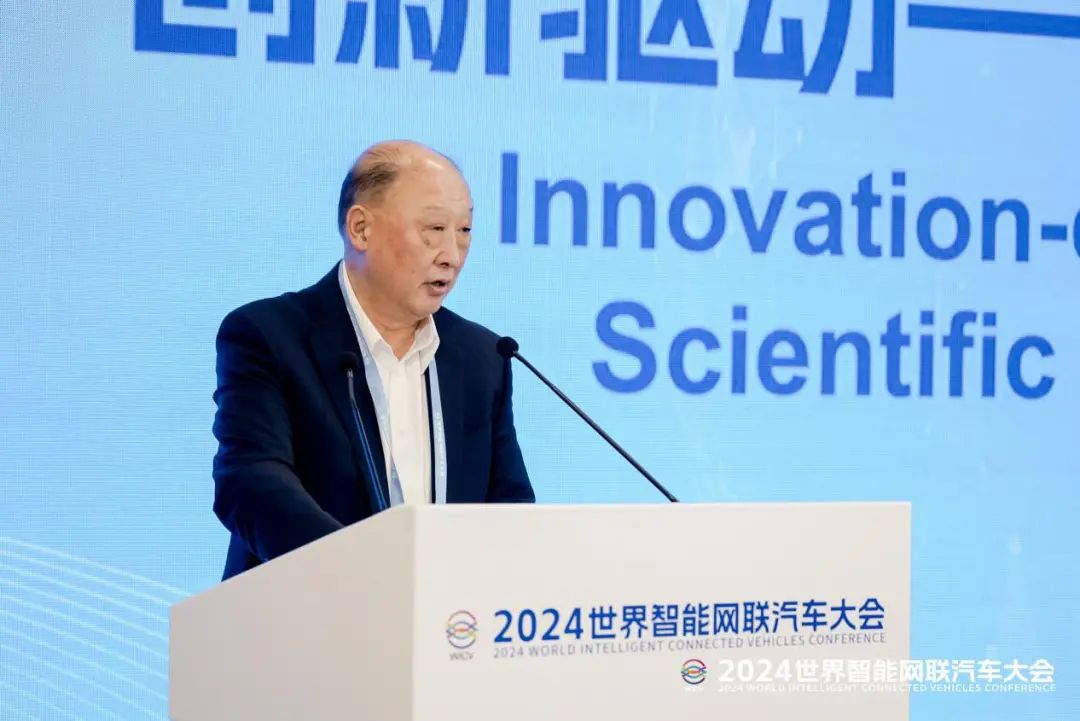
In the keynote speech session, experts from research institutions, universities and leading enterprises worldwide had in-depth exchanges on key technologies to the future development of ICVs, especially on core technologies including AI, in-vehicle software and hardware, vehicle security, and vehicle-road collaboration.
Henry Liu, Professor and Director of Mcity & Center for Connected and Automated Transportation, University of Michigan,delivered a keynote report on “Safety Assessment of Autonomous Vehicles” via video, focusing on challenges in ICV testing and verification, along with corresponding solutions. He also shared the security testing projects and the latest published results by Mcity.
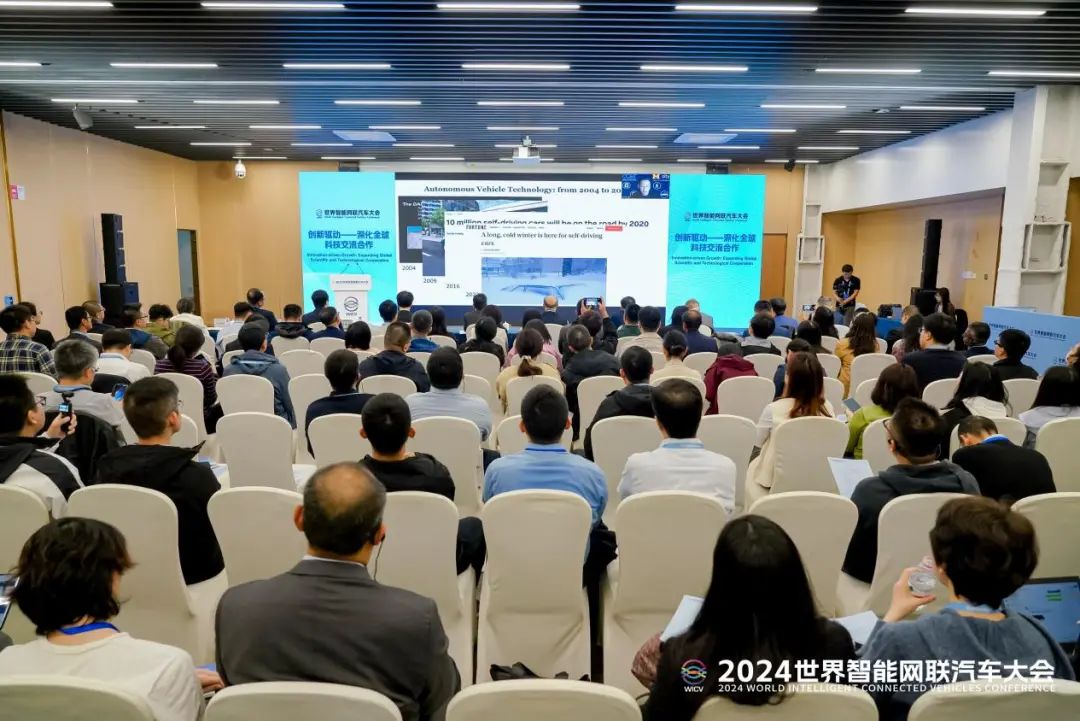
Lang Xianpeng, Vice President of Intelligent Driving at Li Auto,gave a speech on “Innovative Application of Intelligent Driving Technology at Li Auto”, with a focus on the company’s globally pioneering dual system architecture theory, and the latest product forms developed on the basis of this theory.
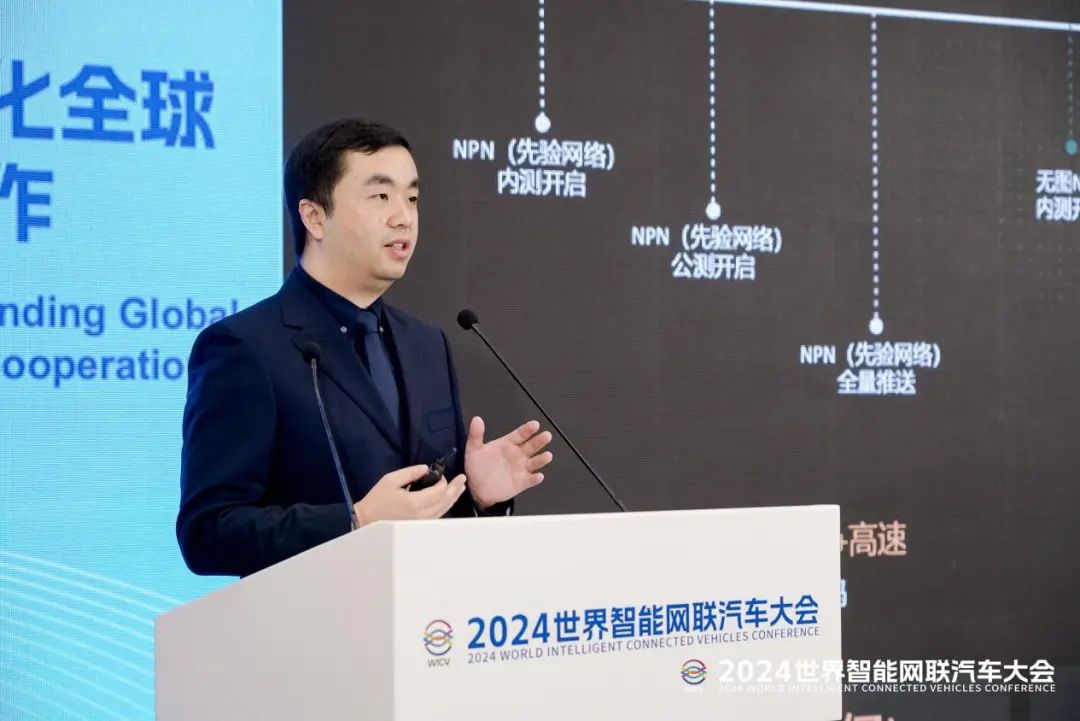
NIIKURA OSAMU, Vice President of Nissan (China) Investment Co., Ltd.,shared insights on “Acceleration of AD Development with Data and Intelligence Convergence Technology”, mainly introducing three technology development visions, autonomous driving strategies and the autonomous driving technical routes at Nissan.
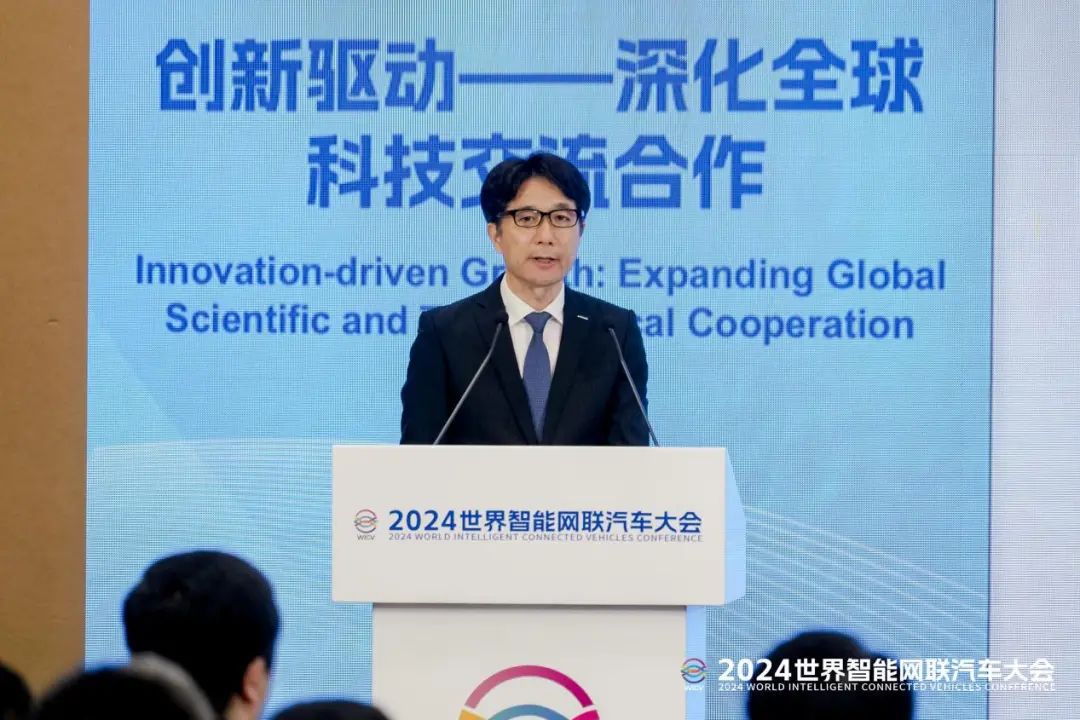
Gao Dapeng, Chairman and President of Desay SV,shared his view on“Convergence and Innovation Assist in Crossing the Intelligent Gap”, featuring the company’s positioning in the automotive industry, and technical routes for integration between intelligent cockpit and intelligent driving.
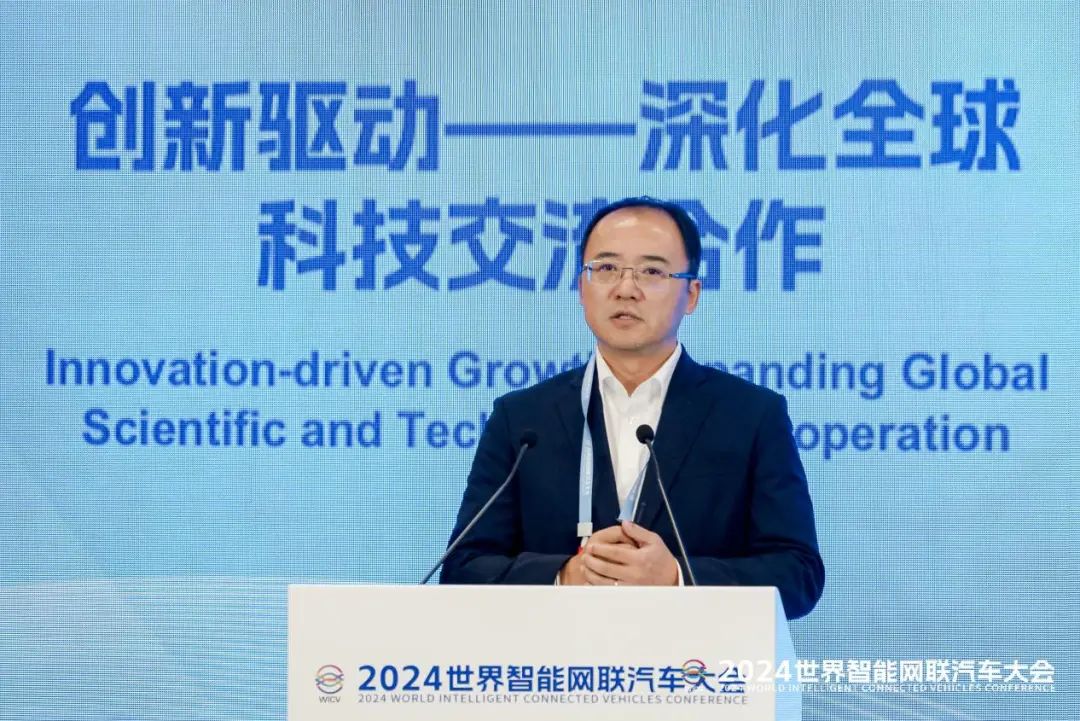
Chen Shanzhi, Deputy General Manager and Chief Engineer of China Information and Communication Technologies Group Corporation (CICT), shared the report on “C-V2X Enables Vehicle-Road-Cloud Integration and ICV Development”. He gave an overview of C-V2X and its application scenarios and global development, as well as proposed suggestions on future technical routes.
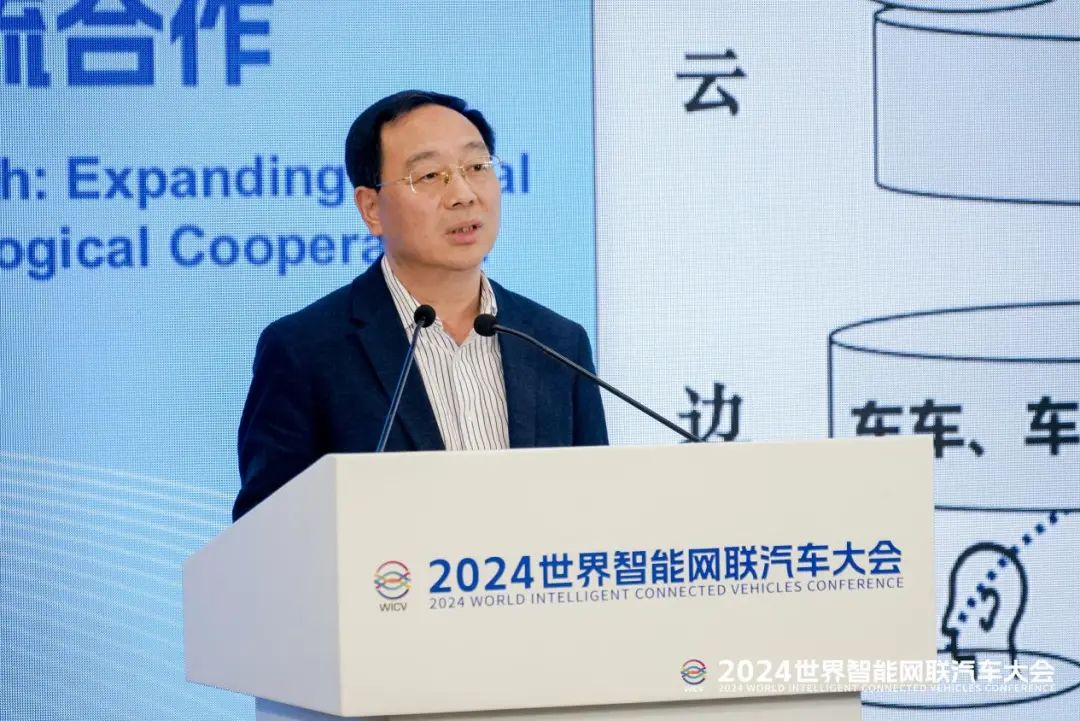
William Gouse, Director of International Government Industry Regulatory Affairs, SAE International,explored“Role of International Open Consensus Technical Standards Driving Innovation and Growth”, introducing the role of internationalization and consensus building in standards as key drivers for innovation and development. He also shared the progress made in V2X, environmentally friendly hybrid power, electrified technology and other related fields.
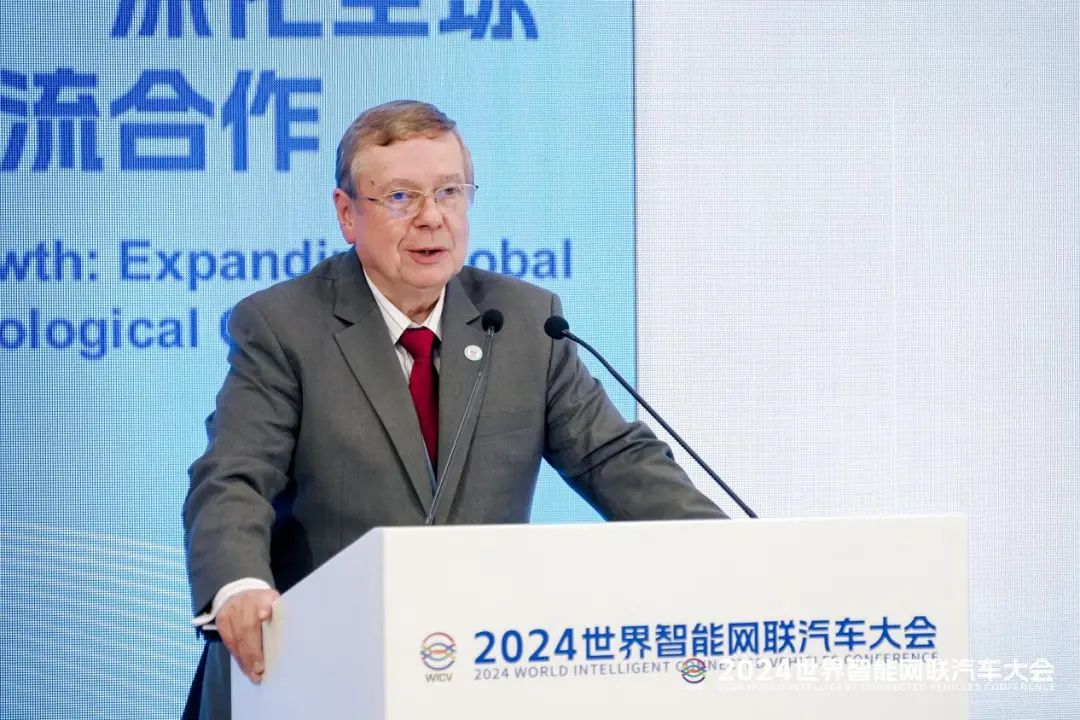
Cheng Taiyi, CEO of Beijing Semidrive Technology Corporation, presenteda keynote report on “Chip Development Fuels Global Automotive Intelligence”, with a focus on Semidrive’s AI intelligent cockpit plus intelligent control solution facing the new generation of EEA, as well as its latest products.
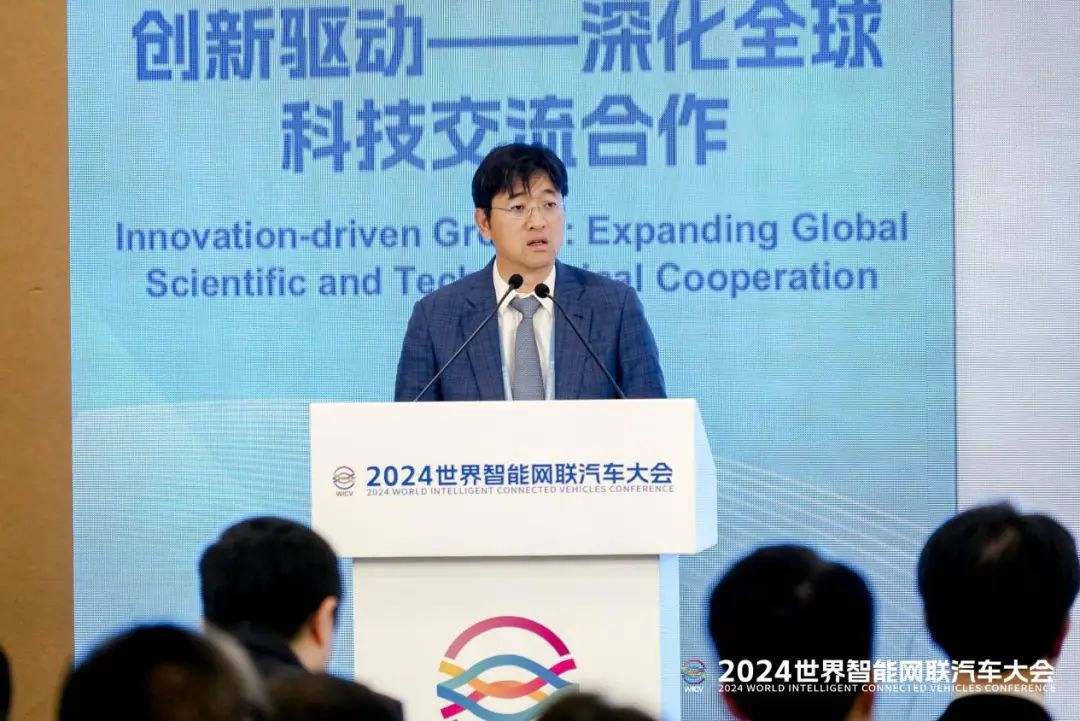
Lei Qinhui, CTO of iFLYTEK Intelligent Vehicle,discussed “Advancements in Intelligent Cockpit Technology Drive Interaction Innovation”, focusing on the development history of AI and its applications in the automotive industry, the essence and application of large language model technology, and the characteristics and applications of iFlytek Spark Large Language Model.
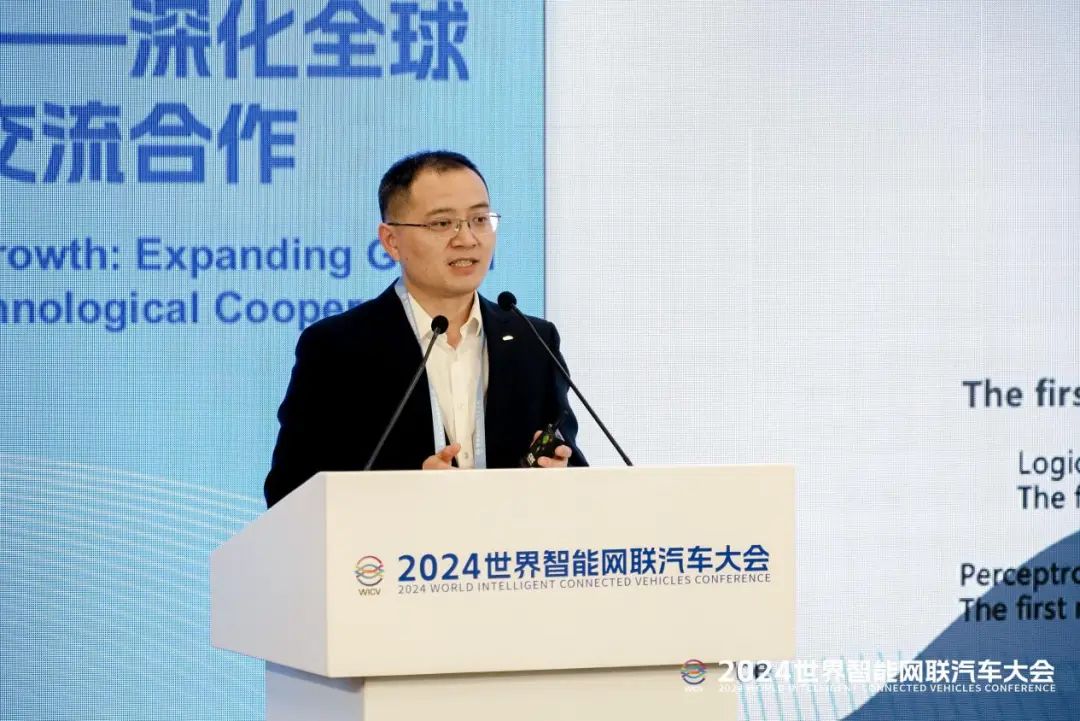
Hideaki Takahashi, CITS EG-ComAD Co-Chair of the International Telecommunication Union (ITU),shared a video presentation on “Vehicular Communications Technology for Autonomous Driving”. The presentation highlighted the group’s initial motivation to integrate ICT with the automotive industry under the framework of the ITU, and the goals and application scenarios in focus.
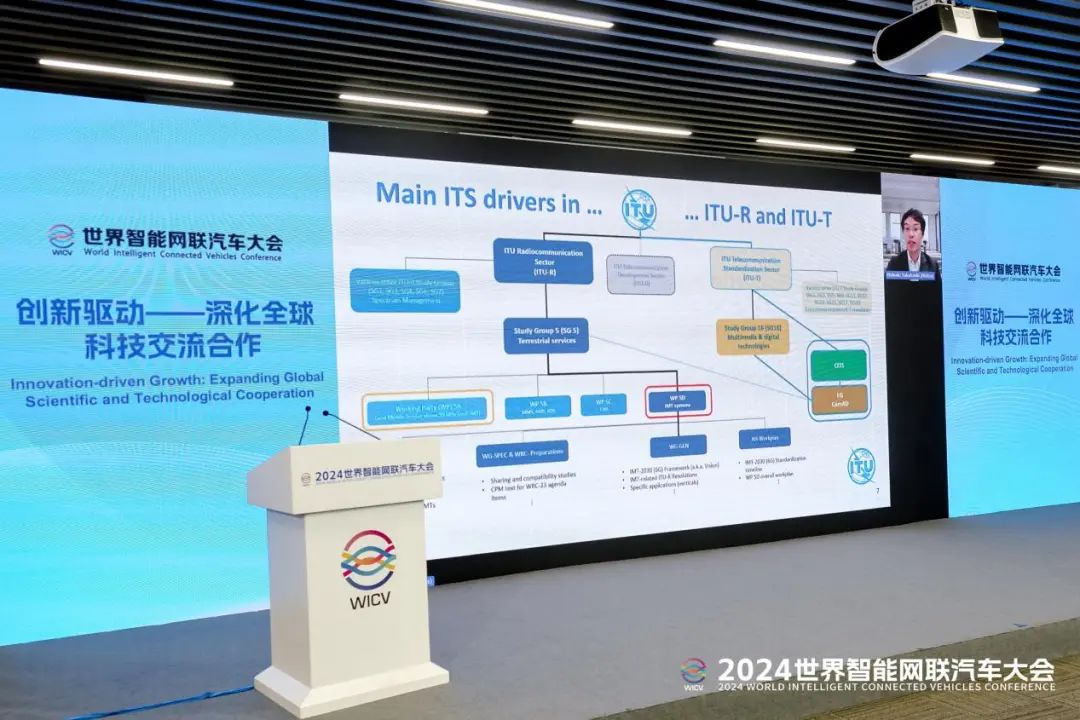
The extensiveexchangesand discussions among the attending expertsnot only generated valuable insights intothe ICV sector, but alsodrew a clearer developmentblueprint and infinite possibilitiesforthe sector.Driven by innovation, we can join hands to deepen global technological exchanges and cooperation, promoting the high-quality development of the automotive industry.
Previous article
Next article